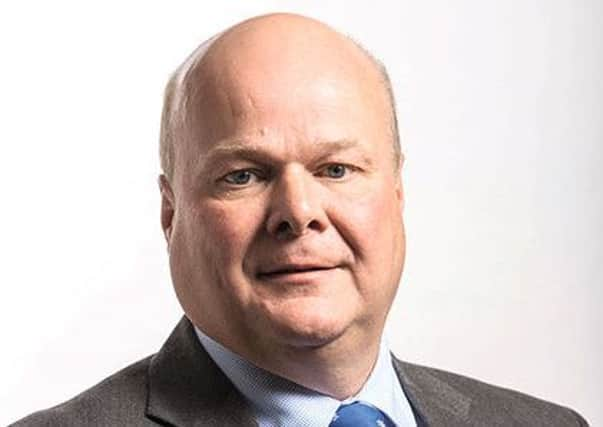Currency swings pose a threat to farmers, warns bank


Ten days ago, the exchange rate for the 2016 BPS was set at 85p to the euro, which meant Scottish farmers will receive around 12p more for each euro of subsidy this year than they did in 2015.
However, Sandy Hay, area director for agriculture at Bank of Scotland, said an increased number of the bank’s customers also minimised their exposure to possible currency losses this year by opting to receive their subsidy in euros, whilst forward fixing their exchange rate earlier in the year.
Advertisement
Hide AdAdvertisement
Hide Ad“In 2016 we saw a three-fold increase over the previous year in customers in Scotland choosing to secure their exchange rate in advance, thereby fixing the amount of payment they would receive at the end of the year,” said Hay.
“Whether this was down to depressed commodity markets or volatility following the EU referendum, we aren’t clear. It is likely that their motivation was to prioritise cashflow and build in certainty about exactly what payment would arrive in their bank account at the end of the year.”
In addition to choosing whether to receive the payment in sterling or euros, another option is to receive the funds in euros, keep them in a euro account then choose the date the currency exchange is carried out.
“Whatever choice is made, it’s important that farmers understand the risks and opportunities as the BPS provides a critical income for many,” Hay added.
“All our agriculture relationship managers have the skills and knowledge to discuss this risk with customers to help them consider the strategies available to their business.”
Meanwhile, it has been revealed that the amount of money UK farmers now have borrowed from the main clearing banks has risen to a record level of £13.4 billion. This is the highest level recorded in the past 20 years and is 50 per cent above the figures of five years ago. The Scottish figures show an indebtedness of £1.4bn to the banks – a 9 per cent year-on-year increase.
